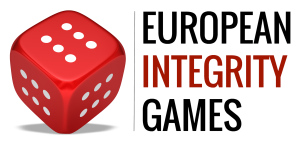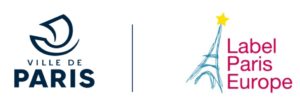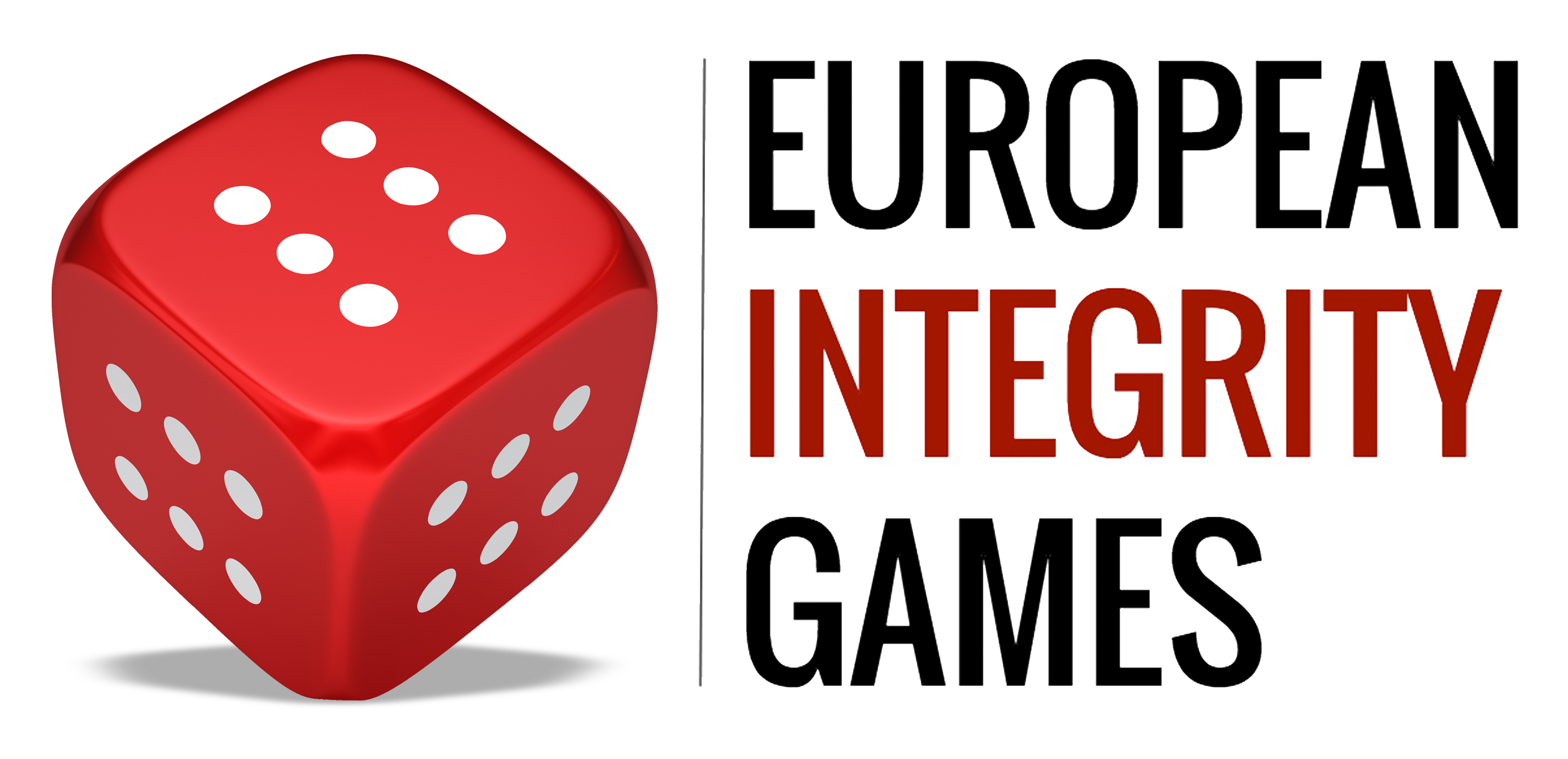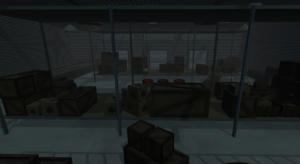Foodchain/Foodcircuits games – immersive serious games created by ExQuorum and Ortzai Teatro
Since March 2021, the European Integrity Games project is in a process of creating educational games. ExQuorum (Portugal) and Ortzai Teatro (Spain) are working on the design of escape games and 3D games exploring the subject of food chains and food circuits!
Reminder of the project
This project brings together six European artistic companies: France, Germany, Portugal, Italy, Greece and Spain. Combining art, citizenship and new technologies, it aims to question the notions of integrity, corruption and fraud in our societies, through the design of serious games. Seven topics are explored through these games: blockchain and money laundering, food chains, Frontex Files, e-governance, lobbying and wind turbines, integrity in public service and communication in health.
Each of these topics is explored through two types of innovative and free educational games:
Escapes games to be played in a collaborative group, accessible to all European citizens thanks to a turnkey kit that can be downloaded from the internet
3D games to be played individually on a computer
The project also includes additional educational resources with interviews with experts, European workshops to test the games and train participants in their implementation, and promotional events.
The project is supported by Erasmus+ Strategic Partnerships and by the City of Paris as part of the Paris Europe 2021 Label.
The Foodchain games
The Foodchain games focus on integrity issues in marketing and food consumption, playing also with the implicit corruption thematic.
In the food chain, we face the several elements correlation, which causes – in an interdependent way – a cause-effect sequence. All food production, in large companies and/or on large scale, has a corresponding environmental impact, relating to problems such as pollution, tropical forests destruction, water pollution, climate changes, labour exploitations and so on.
In this context, and with the Foodchain games, the partners Exquorum and Ortzai wanted to focus on corruption in the transport and trade of meat, trying not to forget the corresponding environmental footprint or the corresponding public health impact.
Throughout the creation process, other issues related to food production were addressed. For example, the use of chemicals or fertilisers, as well as the supply of processed food on farms, whose practices are detrimental to the environment and the quality of the food. The health of those who will consume it is also damaged, which can generate zoonoses, diseases that can be transmitted to various animal species, such as BSE mad cow disease. The regular and prophylactic use of antibiotics and the use of processed feeding strategies for farm animals clearly affect the quality of the final product.
The negative environmental footprint left by the abusive exploitation of natural resources with massive plantations (cocoa, coffee, palm, avocado), by the industrialisation of processed foods by large companies, which often exploit natural resources and/or working conditions in favour of certain marketable products – these were also among the topics discussed.
Understanding the vast world that Foodchain encompasses (environment, transport and pollution, exacerbated consumption and waste, commercial, legal and social impacts of food globalization), only one path was chosen here: the meat.
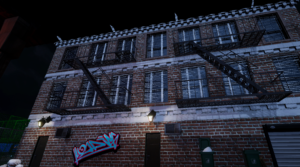
An immersive and educational scenario
Starting the story with an introductory teaser it is then suggested to experience an escape game (1st part), which will culminate in a journey through a digital game (2nd part) in which, managing to understand the clues, criminals will be duly caught by justice.
A police inspector – secretly helped by a private detective – try to investigate, not always according to the rules, a meat company, who controls the entire sales and distribution system, from transport, to treatment and catering to the final consumer.
In the escape game, players take on the role of a private detective, who suspects fraud and corruption within the police force that is financing the Onesto family. This family, which is part of the mafia, works in the production, transport and sale of meat. The detective decides to investigate the family’s boat, which is likely to be carrying some fraudulent goods. After gathering evidence, the detective, played by the players, explores the office of the police director to gather information about the family and its funding by the police.
Then, through the 3D game, participants take on the role of the previous detective’s colleague, Maria Tui. With the task of investigating food poisoning in a restaurant, the players soon discover that there is a conspiracy within a company that sells dubious meat products. Through 3D settings, players will have to collect clues and solve puzzles to reveal the case!
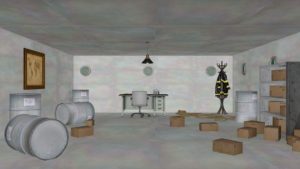
A collaborative process for the creation of two educational games
This game, thought and designed by ExQuorum, in collaboration with Ortzai (Spain), has also the collaboration of EPRAL (Professional School of Alentejo/ Multimedia) and Lusófona University (Video Games course)´s last year students.
The Foodchain workshop took place online from 27 to 31 July 2021 during which 12 Europeans were able to test the two games.
